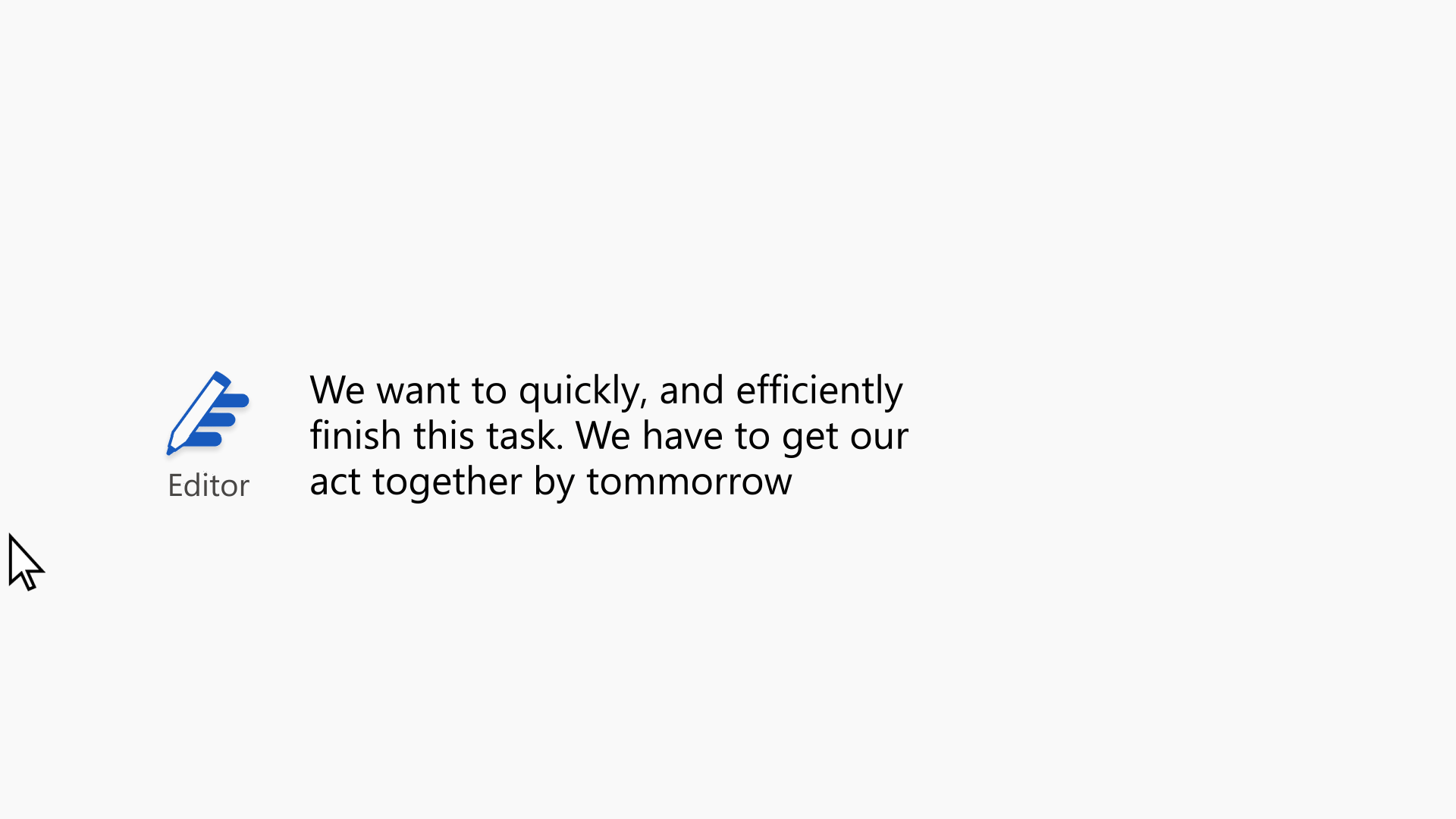Word List in Developmental Order
Simple Present
am, are, is, do, does, have, has, can
Simple Past and Future
was, were, did, had, could, might, will, would, should, may
Contractions
aren’t, isn’t, don’t, doesn’t, haven’t, hasn’t, can’t, wasn’t, weren’t, didn’t, hadn’t, couldn’t, won’t, wouldn’t
Two Word Combinations
will be, have been, has been, had been, should be, will have, might have, has eaten, have finished, etc.
Three (Or More) Word Combinations
will have finished, should have been, should not be, must have been eating, etc.
Basic Picture Activities
Click on picture to view a small preview of each activity. Click on Doc or PDF to download worksheets in preferred format.
(1)






(1) using “is” pix Doc PDF; (2) using “are” pix Doc PDF; (3) id and using “is” and “are” 1 Doc PDF; (4) id and using “is” and “are” 2 Doc PDF; (5) using “has” Doc PDF; (6) using “have” Doc PDF; (7) id and using “has” and “have” 1 Doc PDF; (8) id and using “has” and “have” 2 Doc
Other Basic Worksheets and Activities
Click on picture to view a small preview of each activity. Click on Doc or PDF to download worksheets in preferred format.
(1)






(9)
(1) “Is” sentence fill in the blank Doc PDF; (2) Basic Helping Verb Fill In the Blanks Doc PDF; (3) Fix It! Basic Helping Verbs Doc PDF; (4) Basic Sentence Search Doc PDF; (5) Helping Verb Puzzle Doc PDF; (6) Sentence Drop 1 Doc PDF; (7) has have contrast cards Doc PDF; (8) is are contrast cards Doc PDF; (9) helping verb matching – has/have Doc PDF; (10) helping verb matching – is/are Doc PDF
Expanded Verb Tense Activities
Click on picture to view a small preview of each activity. Click on Doc or PDF to download worksheets in preferred format.
(1)










(1) Sentence Search 2 DocPDF; (2) Sentence Search 3 DocPDF; (3)Sentence Drop 2 Doc PDF; (4)Hidden Word Picture Doc PDF; (5) ZigZags/Blurt Activities Doc PDF; (6) Fill in the Blank/Misc. Activities Doc PDF; (7) Sentence Maze Doc PDF; (8) Bullseye 1 Doc PDF; (9) Bullseye 2 Doc PDF; (10) Bullseye 3 Doc PDF; (11) Scripts/DrillDoc PDF; (12) What’s Next? Doc PDF
Background Information
Helping verbs are used to show tense or mood. In more complex sentences, they are used to show the perfect verb tenses, continuous/progressive/perfect verb tenses, and passive voice. Helping verbs are always followed by a second verb, though not always immediately. Helping verbs (also called auxiliaries) can be used before the word not. Main verbs can not. The auxiliary system in English is notorious for it’s complexity. There are about 24 billion billion logically possible combinations of auxiliaries, of which only about a hundred are grammatical (Pinker, 1995).
Because tense and mood can often be eliminated without sacrificing a sentence’s entire meaning, children that have difficulty with length and complexity of sentences do often eliminate these nonessential words. For example, “I talking.” can typically be understood as “I am talking.” Just as children with phonological processing disorders frequently simplify sound production, these same children frequently simplify morphology by omitting morphological markers, and syntax by omitting functional words. Among the most frequently omitted category of functional words are helping verbs.
Research suggests that children with specific language impairment do, in fact, have greater difficulty with functional words, such as auxiliary verbs, than MLU matched normally developing children (Leonard, 2000). These show up frequently on tests of language, including the CASL, CELF, OWLS, and SPELT tests. Helping verb difficulty coexists with many commonly deficient language skills, including subject verb agreement, negation, verb tense, phrases, clauses, questions, contractions, and suffixes.
Goal Ideas
Jefferson will comprehend age appropriate helping verbs, such as am, are, is, etc., in sentences.
Robert will produce age appropriate helping verbs in sentences.
Ulysses will produce and comprehend sentences with two word auxiliary verb combinations, such as will be, has been, will have, etc.
Methods of Elicitation
Functional Activity Ideas
In English grammar, a helping verb is a verb that comes before the main verb (or lexical verb) in a sentence. Together the helping verb and the main verb form a verb phrase. (A helping verb is also known as an auxiliary verb.)
A helping verb always stands in front of a main verb. For example, in the sentence, «Shyla can ride her sister’s bicycle,» the helping verb can stands in front of ride, which is the main verb.
More than one helping verb can be used in a sentence. For example, in the sentence, «Shyla could have walked to school,» there are two helping verbs: could and have.
Sometimes a word (such as not) separates the helping verb from the main verb. For example, in the sentence, «Shyla does not want a new bicycle,» the negative particle not comes between the helping verb does and the main verb want.
- am, is, are
- was, were
- be, been, being
- do, does, did
- have, has, had
- may, can, must, might
- shall, will
- should, would, could
Examples and Observations
«[Some] helping verbs (forms of have, be, and do) may also function as main verbs. In addition, nine modal verbs (can, could, may, might, must, shall, should, will, would) function only as helping verbs. Have, be, and do change form to indicate tense; the nine modals do not,» according to Writing That Works.
Donkey in Shrek
«We can stay up late, swapping manly stories.»
Ralph Waldo Emerson
«Nothing great was ever achieved without enthusiasm.»
Antoine de Saint-Exupéry
«Life has taught us that love does not consist in gazing at each other, but in looking outward together in the same direction.»
Isaac Bashevis Singer
«A pigeon landed nearby. It hopped on its little red feet and pecked into something that might have been a dirty piece of stale bread or dried mud.»
Stinky Pete
«I have always hated those upstart space toys.»
Functions of Helping Verbs
According to the book Basic Grammar and Usage, «Helping verbs indicate shades of meaning that cannot be expressed by a main verb alone. Consider the differences in meaning in the following sentences, in which the helping verbs have been italicized:
I may marry you soon.
I must marry you soon.
I should marry you soon.
I can marry you soon.
As you can see, changing the helping verb changes the meaning of the entire sentence. These differences in meaning could not be expressed simply by using the main verb, marry, alone.»
More Functions of Helping Verbs
According to grammar expert C. Edward Good, «Helping verbs…enable us to express various conditions: If he could type, he would write the next great American novel. Helping verbs help us express permission: You may go to the movie. Helping verbs help us express one’s ability to do something: She can play golf extremely well. Helping verbs enable us to ask questions: Do you think he cares? Will he win the race?»
How to Use Helping Verbs to Change Active Voice to Passive Voice
Susan J. Behrens explains in Grammar: A Pocket Guide, «If the active sentence is in the past tense, then the full verb in the passive version will be as well: Monica groomed the poodle → The poodle was groomed by Monica.
1. Monica moves to the end of the sentence; add by, so the prepositional phrase is by Monica.
2. The poodle moves to the front into the subject slot.
3. Helping verb be is added in front of the main verb.
4. Past tense marker jumps off groomed and onto helping verb be.
5. Helping verb agrees with new subject (third person singular) = was.
6. Main verb groomed converts to its past participle form = groomed.»
Sources
Behrens, Susan J. Grammar: A Pocket Guide. Routledge, 2010.
Choy, Penelope and Dorothy Goldbart Clark. Basic Grammar and Usage. 7th ed, Thomson, 2006.
Good, C. Edward, A Grammar Book for You and I—Oops, Me! Capital Books, 2002.
Singer, Isaac Bashevis. «The Key.» The New Yorker, 1970.
Stinky Pete. Prospector in Toy Story 2, 1999.
Auxiliary verbs help complete the meaning of the main verb. They are also known as helping verbs because they help the main verb. The main auxiliary verbs are to be, to have and to do. You probably learned these verbs at the beginning of your English studies.
This article will explain what auxiliary verbs are and give you plenty of examples so you can practice.
- What are auxiliary verbs in English?
- Examples of auxiliary verbs
Learn languages at your pace
Auxiliary verbs help the main verb in a sentence and are also called helping verbs.
What is a main verb? A main verb is the important verb in the sentence and it shows the action or state of the subject.
- Example: I play the piano.
“I” is the subject. Play is the verb. Play tells us what the subject “I” is doing.
Main verbs can be the only verb in a sentence. But, auxiliary verbs show up to help the main verb. When used to adjust a main verb, you will see two verbs in the same sentence. Auxiliary verbs are those that help the main verb so they need to stick together.
Auxiliary verbs in English help us write sentences in different tenses, moods or voices.
- The tense of a verb refers to the past, the present and the future.
- The mood of a verb refers to how the verb is to be understood. Is it a fact, a command or a wish?
- The voice of a verb refers to the active or passive voice (who or what is doing the action or being acted upon).
Ok, now which ones are they? The primary auxiliary verbs are be, do and have. These auxiliary verbs can also act as the main verb in a sentence if you see them alone.
| Primary Auxiliary Verbs | Their forms |
| To be | am, is, are, was, were, being, been, will be |
| To have | has, have, had, having, will have |
| To do | does, do, did, will do |
The modal auxiliary verbs are can, could, will, would, shall, should, may might, must and ought. These auxiliary verbs do not change their form.
Learn languages at your pace
Example of auxiliary verbs
Now that we have learned what auxiliary verbs do, let’s look at some examples.
Examples of auxiliary verbs expressing tense:
| Example | Tense |
| She was eating. | Past progressive |
| She is eating. | Present progressive |
| She will be eating later. | Future progressive |
| She had eaten the cake before we arrived. | Past perfect tense |
| She has eaten already. | Present perfect tense |
| She will have eaten by the time we arrive. | Future perfect tense |
When we use do as an auxiliary verb it is often in negative sentences.
- I do not know the truth.
- She does not like him.
- They did not come to the party.
Auxiliary verbs help us write passive sentences.
- I was given a free piece of pizza.
- He was seen at the mall this morning.
- This movie has been watched by millions of people.
We can use auxiliary verbs to ask questions.
- Do you want to have another sandwich?
Do is the auxiliary verb and want is the main verb.
- Did he finish his homework?
Did is the auxiliary verb and finish is the main verb.
- Did you eat?
Did is the auxiliary verb and eat is the main verb.
Let’s look at the other group of auxiliary verbs called the modal auxiliary verbs.
- We must find my house keys.
- We should go to sleep early today.
- We might be late.
In this sentence be is the main verb and might is the auxiliary verb.
- Would you like to go to the movies?
- Can you play the piano?
- May I sit here?
Look for the helping verbs
Auxiliary verbs are very important. If you are learning English and want to take your skills to the next level, auxiliary verbs can help you do this. These verbs will allow you to express yourself in English in many ways. Don’t be afraid of using auxiliary verbs, they are here to help you.
Learn languages at your pace
Alison Maciejewski Cortez is Chilean-American, born and raised in California. She studied abroad in Spain, has lived in multiple countries, and now calls Mexico home. She believes that learning how to order a beer in a new language reveals a lot about local culture. Alison speaks English, Spanish, and Thai fluently and studies Czech and Turkish. Her consulting business takes her around the world and she is excited to share language tips as part of the Lingoda team. Follow her culinary and cultural experiences on Twitter.
We can just simply say to somebody:
2️⃣ Can you help me, please?
Very simple. And instead of can, you can replace it with one of the other modal verbs.
Could you help me, please?
Will you help me, please?
Exactly the same meaning, but just different ways to, to express it.
3️⃣ I need some assistance.
A little bit more formal. It could be in an office situation. The boss’s struggling. He said:
I think I need some assistance with this problem or this spreadsheet or my computer.
Something’s happened so I need some assistance.
4️⃣ Could you give me a hand?
It means will you please help me?
This is heavy. Could you give me a hand?
I need to shift the bed so I can hoover, could you give me a hand?
I need to move the TV into the other corner to put the Christmas tree. Could you give me a hand?
So just different ways to ask for help.
Explore Word
Add icons for flair
Try “Search to Insert Icons” to add icons to fliers, newsletters, and other documents.
Add in 3 easy steps
Create & collaborate
Learn how to share a document with others and collaborate to make it shine.
One-minute training
Support for Word 2010 has ended
Learn what end of support means and how to upgrade to Microsoft 365.
Get the details
Trending topics
Introducing Microsoft 365
A collection of powerful productivity apps you can use anywhere. Organize your life, expand your creativity, and protect what’s important.
Try 1 month free











